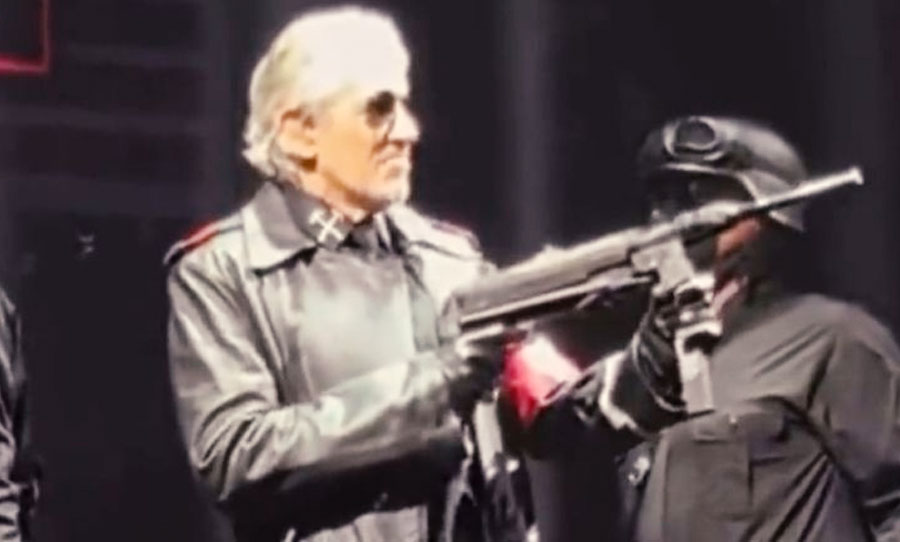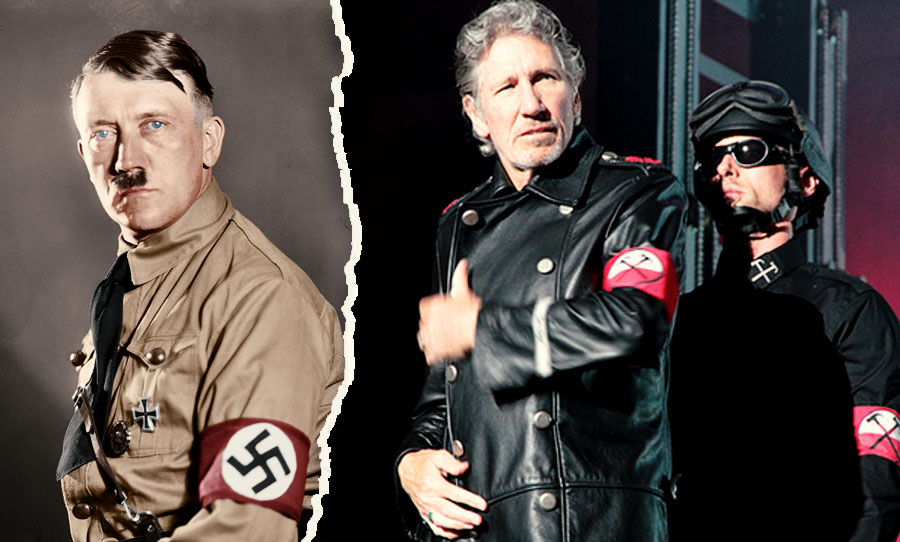Rock legend Roger Waters is under fire from the US government following his recent concert in Berlin, where he wore a Nazi-style uniform as a statement against fascism.
The US State Department joined the chorus of accusations, describing the performance as “deeply offensive to Jewish people” and condemning Waters’ use of anti-Semitic tropes. Berlin police are investigating whether the concert violated Germany’s strict laws on the portrayal of the Holocaust.

Waters, a vocal critic of Israel, has long been known for his controversial views and political activism. He has faced backlash from various Jewish groups and city politicians, with protests organized against his concerts. However, the musician has consistently denied accusations of anti-Semitism, asserting that his criticism is directed at Israel, not Judaism.
The State Department’s comments came in support of Deborah Lipstadt, the US envoy on combating anti-Semitism, who condemned Waters’ “despicable Holocaust distortion.” Lipstadt’s response was prompted by criticism from Katharina von Schnurbein, the European Union’s counterpart, who expressed disgust at Waters’ attempts to belittle and trivialize the Holocaust.
The controversy surrounding Waters has reignited the debate over the boundaries of artistic expression and the complexities of political activism. While some argue that his actions constitute hate speech, others defend his right to free speech and artistic interpretation. The ongoing dispute reflects the ongoing tensions surrounding the Israeli-Palestinian conflict and raises questions about the role of musicians in political discourse.
Despite the criticism and investigations, Waters remains defiant, stating that the attacks against him are politically motivated and aimed at silencing his dissenting views. The controversy surrounding the rock legend continues to divide opinions and spark intense discussions about the intersection of music, politics, and freedom of expression.



